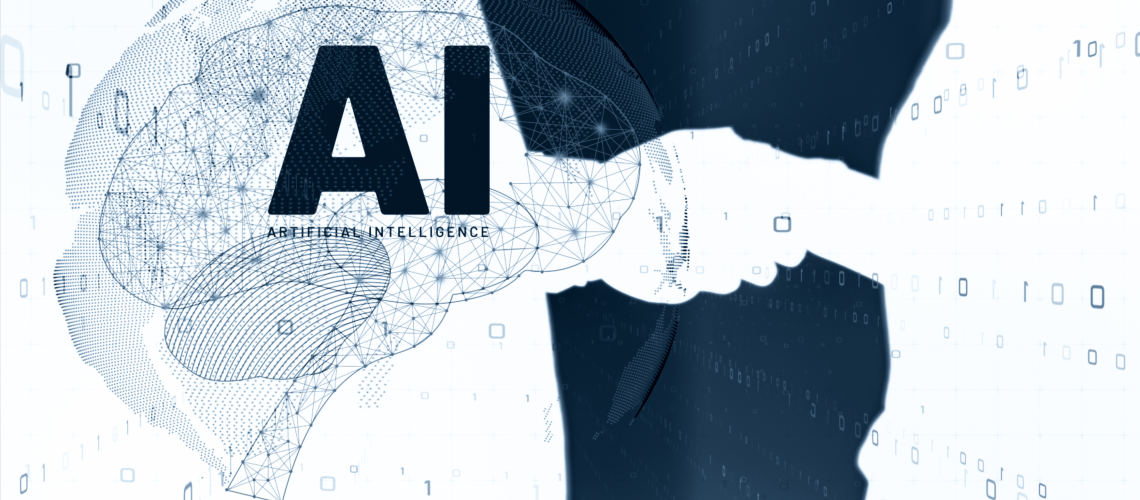When OpenAI made ChatGPT publicly available in November 2022, it heralded a new era of artificial intelligence. It could produce work previously assumed required a human mind. Within weeks of ChatGPT’s launch, millions had signed up, and LinkedIn filled up with examples, user guides, and warnings against believing large language models have any notion of factual correctness.
Today, there is an abundance of easy-to-use AI companions for all kinds of creative tasks, delivering text, audio, video, presentations, and conversation. It might feel as if you are becoming redundant. But your job is safe for now. As Bill Gates pointed out, “People often overestimate what will happen in the next two years and underestimate what will happen in ten.
These AI tools did not appear out of nowhere. Although they mark the first generation to attract universal attention, they are the result of 60 years of research and development, and ten years of exponential growth after seminal breakthroughs in deep learning.
These off-the-shelf solutions are just a preview of more advanced tools to follow, including customized AIs. Already today, lower-quality models can be built for under $10,000. That generation of AI does have the potential to disrupt jobs for knowledge workers, with consequences for people, processes, and whole organizations.
So, what should you do? Embrace it! Preparation is 90% of successful negotiation, and AI tools offer great support in this crucial phase. Use off-the-shelf generative AIs to brainstorm your negotiation strategy and provide it with details about your counterparty. Ask it questions. What unexpected variables might they introduce? How could they derail the negotiations? What motives and drivers could they have? What is a typical, or atypical, way negotiations could play out in this situation? What unusual concessions could you trade in for what you really need? Even if the results don’t surprise you, you can check in milliseconds whether you have omitted anything.
Custom AIs can predict outcomes, analyze trades, or estimate if the other party’s cost model and breakpoints already exist. You might, unknowingly, already negotiate against an AI. But no tools exist to analyze experiences and data points you only keep in your head. When AI negotiation tools hit the market, you will be asked, “Where is your data stored?” and, “How long a history have you retained?” Data scientist Clive Humby’s statement, “Data is the new oil” was never more accurate than today.
Now is the time to establish processes to remember negotiation strategies, variables, offers, and counteroffers in computer-usable formats.
For negotiating organizations, invest in a data and AI strategy now, as this is the eve of the next wave of smart, specialized AI tools for negotiations. Your strategy should include training negotiators in new tools and ways of working. Find those eager to employ technology and develop them. Be proactive about data literacy and tool usage, even when internal business cases are a bit vague. Just as with the digital revolution, there will come a point where employing AI in negotiation becomes the norm, and organizations will split into those with the capability, and those playing catchup.
Is the outlook bleak? No, not at all. Negotiations will still happen between businesses, and great negotiators will still minimize money left on the table. Only their tools will change.
In the meantime, use AI to make your work life a little easier. Let it write that offer for you and prepare that negotiation strategy. And get ready to ride this wave to higher productivity and smarter tools.
“Preparation is ninety percent of negotiation, and AI tools offer great support in this crucial phase.”
This article was written with the help of Alexander Kröller, Head of Innovation at The Gap Partnership. Alex combines academic expertise as a former mathematics and computer science professor with hands-on business innovation. With over 100 published papers and patents, plus an Executive MBA, he brings unique insights to negotiation strategy and FMCG innovation. His experience spans from leading tech projects to building high-performing teams, always driven by turning complex challenges into practical solutions.























